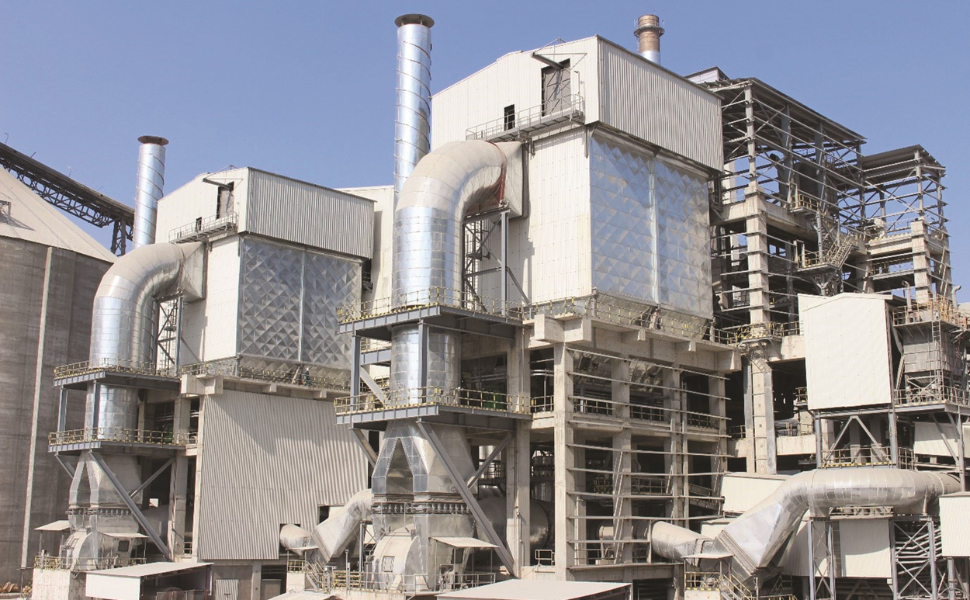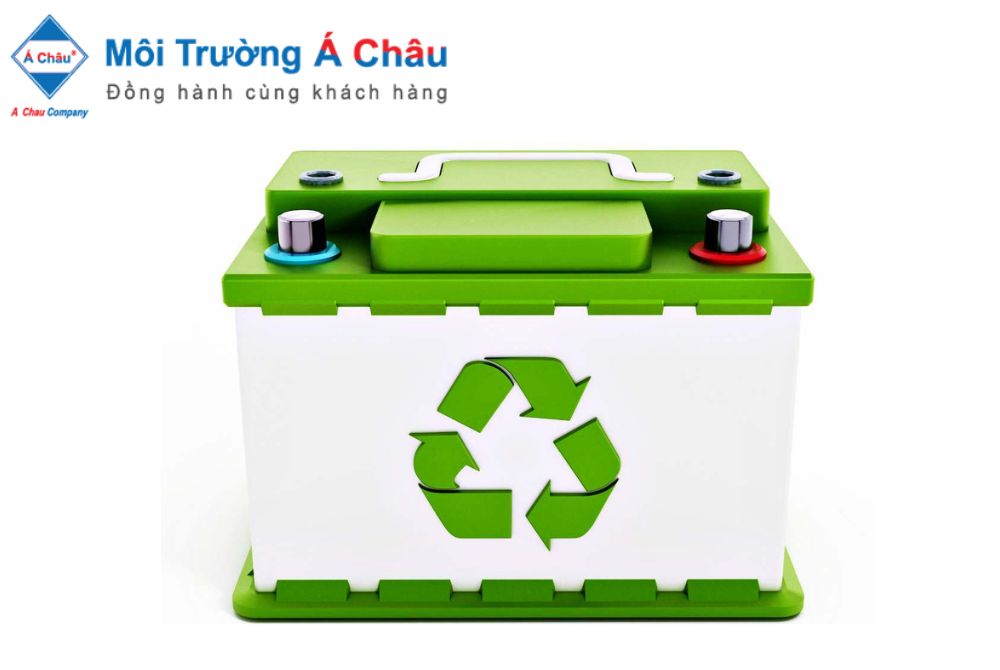Xuan Thanh Cement Factory actively protects the environment.
Not only thriving in cement manufacture in Vietnam, with a pioneering aspiration and investment strategy and sustainable development, Xuan Thanh Cement always aims to produce products without emissions to protect the environment.

Electrostatic dust filtration system of Factory.
Vietnam is one of the world's fastest-growing cement producers and exporters, with output forecast to triple in the next ten years. However, the cement sector still poses environmental problems. As a result, in addition to obligations to address climate change, the government establishes targets to enhance efficiency and decrease environmental effects.
Systemic existences
As Experts, the most significant development of the cement industry in the last 100 years has been the transition from wet to dry manufacturing technology. However, advancements in methods and technology only result in more optimum production objectives. Currently, cement production technology has several systemic issues.
Although the cement industry has created a material essential for building countries' infrastructure, it must use many raw materials and non-renewable fossil resources. At the same time, with the current generation of technology, clinker smelting and cement grinding have created dust and CO2, CO, NOx, and SOx emissions that harm the environment.
In addition, suboptimal heat and electricity efficiency also indirectly impacts the environment. This has caused the cement industry to create outstanding economic value only temporarily.
According to Dr. Nguyen Quang Cung, Chairman of the Vietnam Cement Association, the cement industry must transform society's opinion of the sector. The most important assumption is that cement would become an ecologically friendly manufacturing business. Cement plants must be environmentally friendly, clean, and emit minimum pollution. Mining zones must be scientifically maintained. Mining cores must be recovered and transformed into regulating lakes, planted with trees, and landscaped.
Aim for zero emissions.
Xuan Thanh Cement is collaborating with FLSmidth Group (Kingdom of Denmark), the world's leading supplier of sustainable technology from Denmark, with breakthrough innovations expected to increase the sustainability of Vietnam's cement industry significantly.
Mr. Nguyen Van Tru, Deputy General Director of Xuan Thanh Cement, shared that the Factory's second cement production line has equipment and technology designed and provided by FLSmith Group. Xuan Thanh Cement's ambition is to play a significant role in the industry and implement solutions to reduce environmental impact. These tasks focus on stages such as reducing emissions of harmful substances, CO2, NOx and SO2 and Preventing air, soil and water pollution from burning and burying waste, Mr. Tru emphasised.
Sharing the same idea, since the end of 2019, FLSmidth Group also expressed its ambition to help cement companies operate with zero emissions by 2030. This will be achieved by increasing investment in solutions R&D (research and development) methods and accelerating the development of new technologies already in the research and development chain.
Xuan Thanh Cement is a partner of FLSmidth to cooperate in implementing the zero-emission program - natural circulation. The main focus is on using municipal and other waste as an alternative fuel source, thereby preventing air pollution from burning waste.
While waste management is a growing concern in Vietnam, FLSmidth is developing solutions that enable a 100% conversion to alternative fuels, which can reduce carbon emissions by approximately 33%. Other cooperation areas will focus on energy efficiency and waste heat recovery solutions.
Mr. Nguyen Van Tru believes the cement business is critical to the economy. As the sector grows, a strategy for ensuring sustainability is required. Xuan Thanh Cement will pioneer and lead the cement industry transformation by collaborating with FLSmidth to promote more sustainable manufacturing and produce environmentally friendly products. Integrating into the global market...
Mr. Per Mejnert Kristensen, Regional President of FLSmidth, said that the cement industry's transformation towards more sustainable production requires collective action and leadership. Xuan Thanh Cement is the leading cement manufacturer in Vietnam, so it has many advantages to achieve the goal of development and breakthrough innovation to increase the sustainability of Vietnam's cement industry. The ambition in the program is zero emissions - a significant step forward for the cement industry and the community, FLSmidth Chairman emphasised.
New generation cement production technology innovations and inventions are expected to be breakthroughs, fundamentally changing current technology, forming zero-emission cement production lines - naturally circulating, zero-emission - Natural Cycle.
Accordingly, five critical fundamental issues in a manufacturing factory and five key areas for industry and human life are mentioned.
Specifically, cement production will not emit emissions that affect the environment and will circulate air according to nature.
Simultaneously, reduce the use of fossil raw materials in clinker and cement manufacturing, such as limestone, clay, silicon, and iron ore, and replace them with waste and garbage from other economic sectors. Waste in everyday civilisation (trash, sludge, ash, building waste, all ash after incineration...).
Fuel from coal and oil is gradually being replaced by burning industrial waste, household waste, and heat-generating waste that people emit daily. This contributes to cleaning the environment and helps reduce fossil fuel use.
Optimising and improving the efficiency of using heat and electricity is also considered through new technology solutions for power generation to use in factory production and provide more electricity for society.
In particular, algorithms in the field of computing are also applied to set up intelligent control systems that respond to the circulation of gas, the use of alternative fuels, waste treatment, improved efficiency of use and electricity generation.
Xuan Thanh Factory uses waste ash and slag from thermal power plants as raw materials. However, the figure is still at 10% and will increase to at least 15% for thermal power. Simultaneously, minimise other non-renewable input materials such as clay and limestone.
Source: ximang.vn













